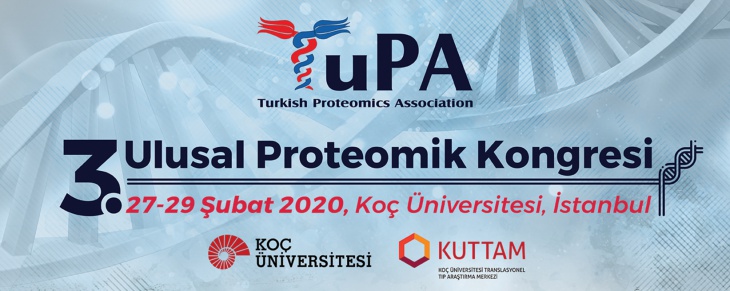
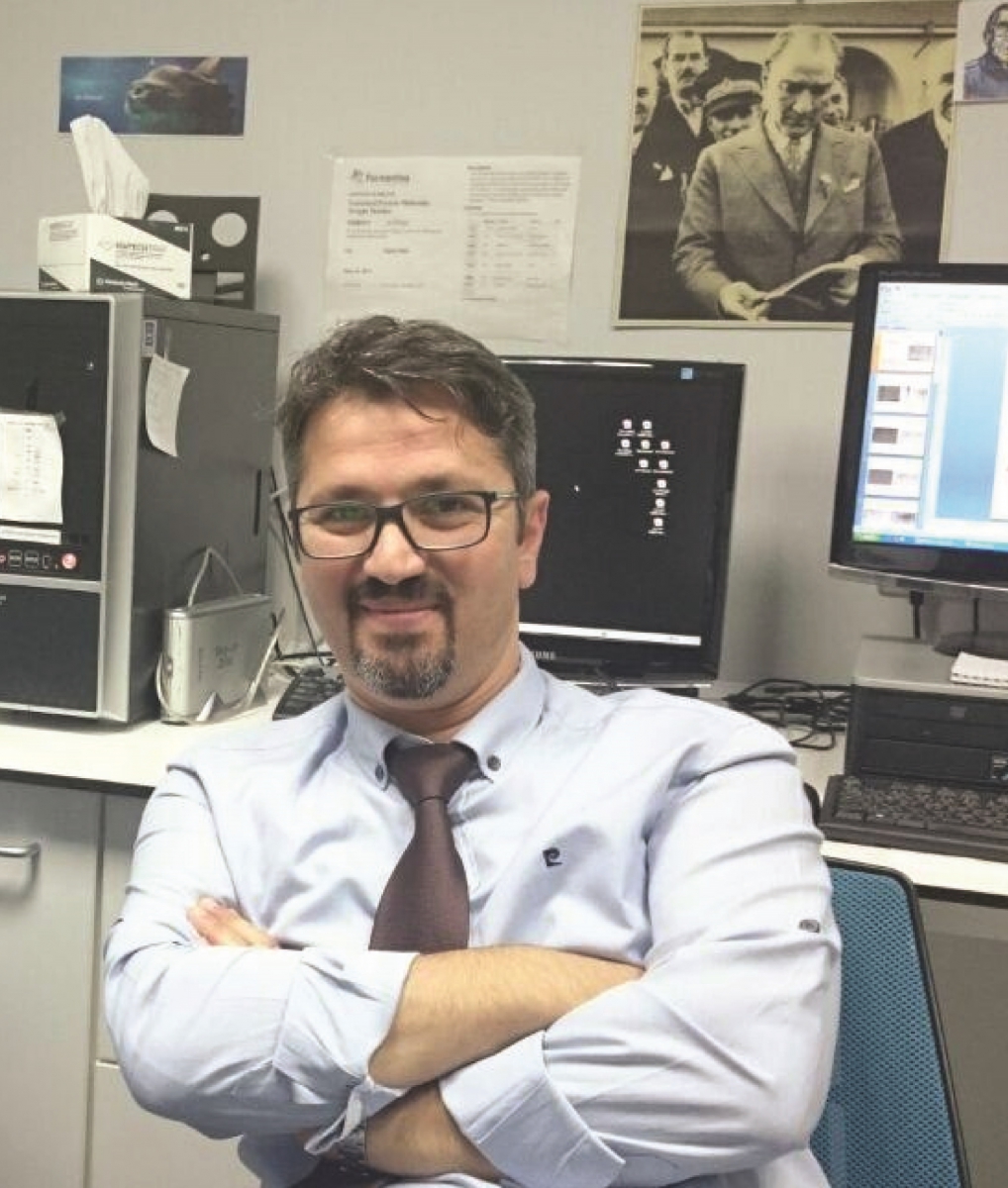 Prof. Dr. Murat Kasap Kocaeli University |
Panel Title: The importance of Assessing Sample Quality in Proteomics Studies Resume: Prof. Dr. Murat Kasap has received his BsC degree from İstanbul Technical University, Department of Chemistry. He then completed his Masters and PhD degrees in the Department Of Biochemistry at Virginia Tech, USA. Following his PhD studies, he went to University of Arkansas Medical School to do his postdoctoral studies in the field of cell biology. He then returned back to Kocaeli University as a faculty and started working at the Department of Medical Biology. Dr. Kasap has been awarded Associate professorship in the fields of Biochemistry and Medical Biology by ÜAK and became full-time professor in the Department of Medical Biology at Kocaeli University in 2016. Dr. Kasap has been working in the field of Proteomics since 2007 and he is the co-founder of a proteomics laboratory at Kocaeli University in which 2DE- and LC-MS/MS-based proteomic studies are carried out. Dr. Kasap has been interested in Neurobiology and Cancer. He has published over 50 SCI-based articles. He is still an active worker in the field of proteomics. |
 Prof. Dr. Ayşe Elif Erson Bensan Prof. Dr. Ayşe Elif Erson Bensan Middle East Technical University |
Lecture Title: mRNA 3’UTRs and How They May Affect The Proteome Resume: PhD, 2004 , University of Michigan, Ann Arbor, MI, USA MSc, 2001, University of Michigan, Ann Arbor, MI, USA BS, 1997, METU, Turkey Breast cancer is a major health problem causing major mortality and morbidity. Our focus in the lab is to understand why and how normal breast cells are transformed into cancer cells. To begin understanding this complex question, we are interested mainly in the 3' UTRs (untranslated regions) of mRNAs. mRNA 3’UTR isoform diversity creates functional consequences on protein levels and functions. Characterization of these mRNA isoforms may pave the way of identifying novel cancer genes and mechanisms that can be targeted. |
| Prof. Dr. Hülya Kayserili Karabey Koç University Hospital |
Lecture Title:The Role of Omics Data in Identifying the Etiopathogenesis of New Phenotypes Resume: TBA. |
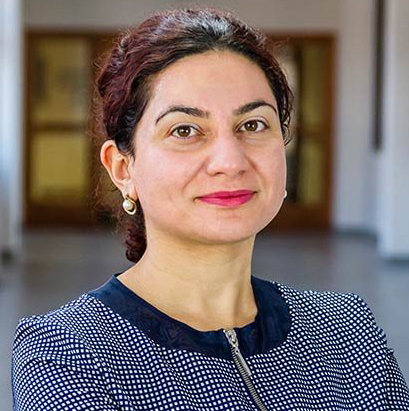 Assoc. Prof. Dr. Nurhan Özlü |
Panel Title: The importance of Assessing Sample Quality in Proteomics Studies |
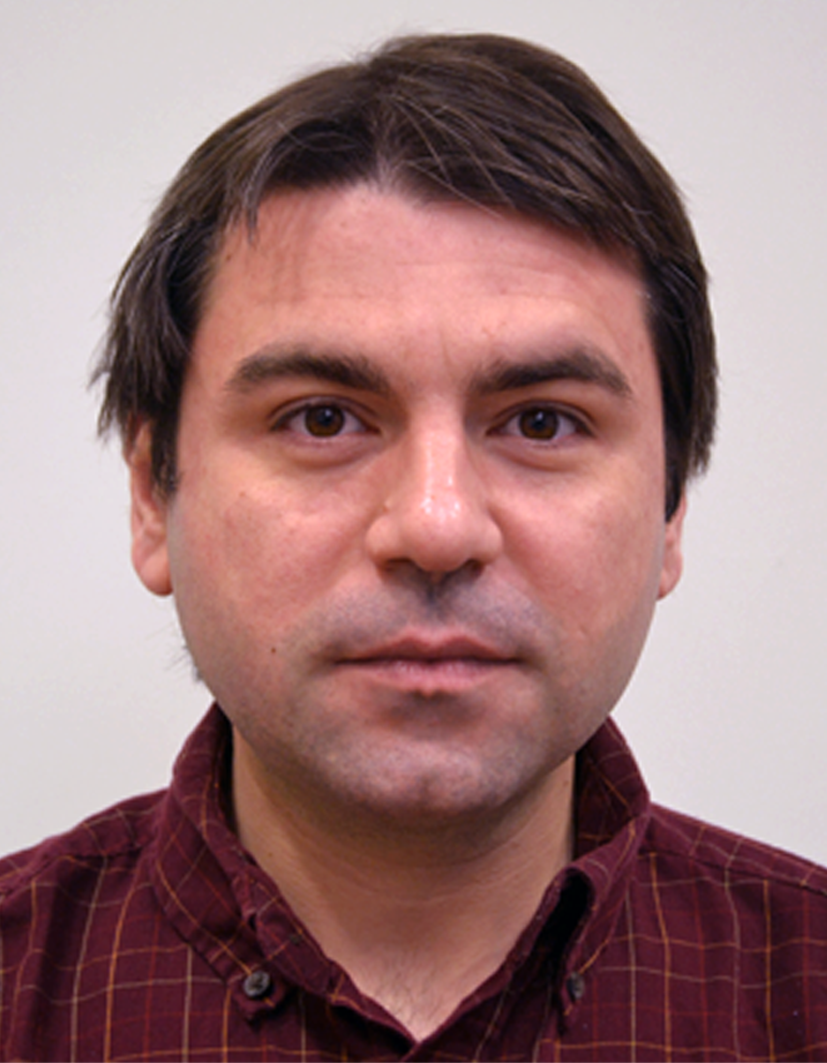 Assoc. Prof. Dr. Nuri Öztürk Assoc. Prof. Dr. Nuri Öztürk Gebze Technical University |
Lecture Title: Interactome of Circadian Clock Resume:Dr. Öztürk received his undergraduate degree from the Biology Department of Istanbul University. He received his MS and PhD degrees in Molecular Biology and Genetics from Bilkent University. During his postdoctoral studies at the University of North Carolina in the United States, he worked on the biological clock mechanism and its impact on health. After working as an assistant professor at the same university for two years, he returned to Gebze Technical University as a faculty member. He is currently working in Cell Biology section in the Department of Molecular Biology and Genetics. Dr. Öztürk’s main research focus is on biological clock mechanism and cell biology, and he is currently using proteomics for the identification of circadian clock interactome. |
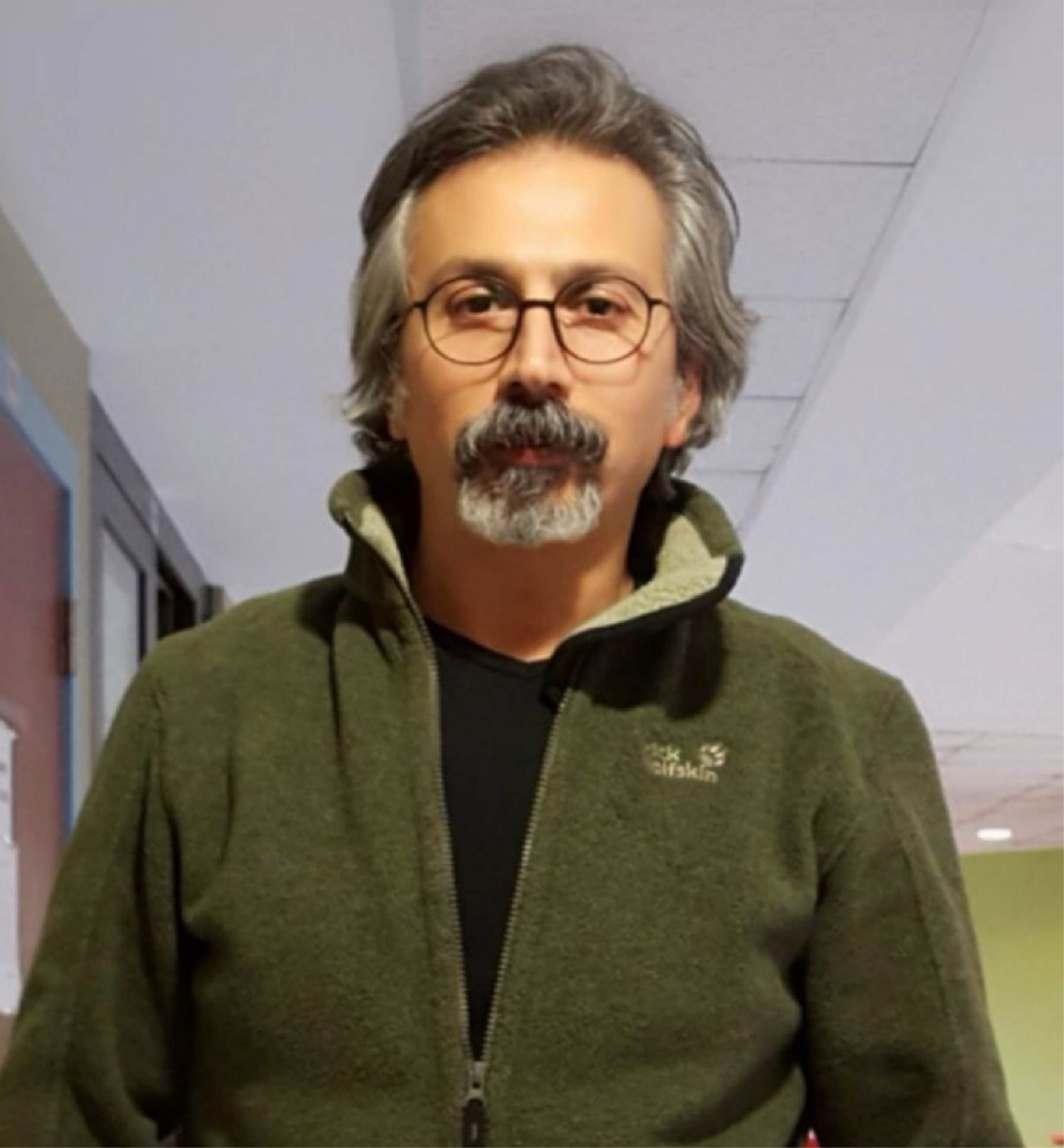 Assoc. Prof. Dr. Gürler Akpınar Assoc. Prof. Dr. Gürler AkpınarKocaeli University |
Panel Title: The importance of Assessing Sample Quality in Proteomics Studies Resume: Dr. Gürler Akpınar has received his BsC degree from Uludağ University, Department of Biology. He completed his Masters and PhD degrees in the Department Of Medical Biology at Kocaeli University. During his postdoc studies at the Pennsylvania State University and Marshall University, US and he has studied on mammalian mitochondrial ribosomes. He then returned back to Kocaeli University as a faculty and started working at the Department of Medical Biology. Dr. Akpınar has been awarded associate professorship in the field of Medical Biology by ÜAK in 2018. Dr. Akpınar has been working in the field of Proteomics since 2010 and he is the co-founder of a proteomics laboratory at Kocaeli University in which 2DE- and LC-MS/MS-based proteomic studies are carried out. His main research focus is on cell biology and cancer. He is still an active worker in the field of proteomics. |
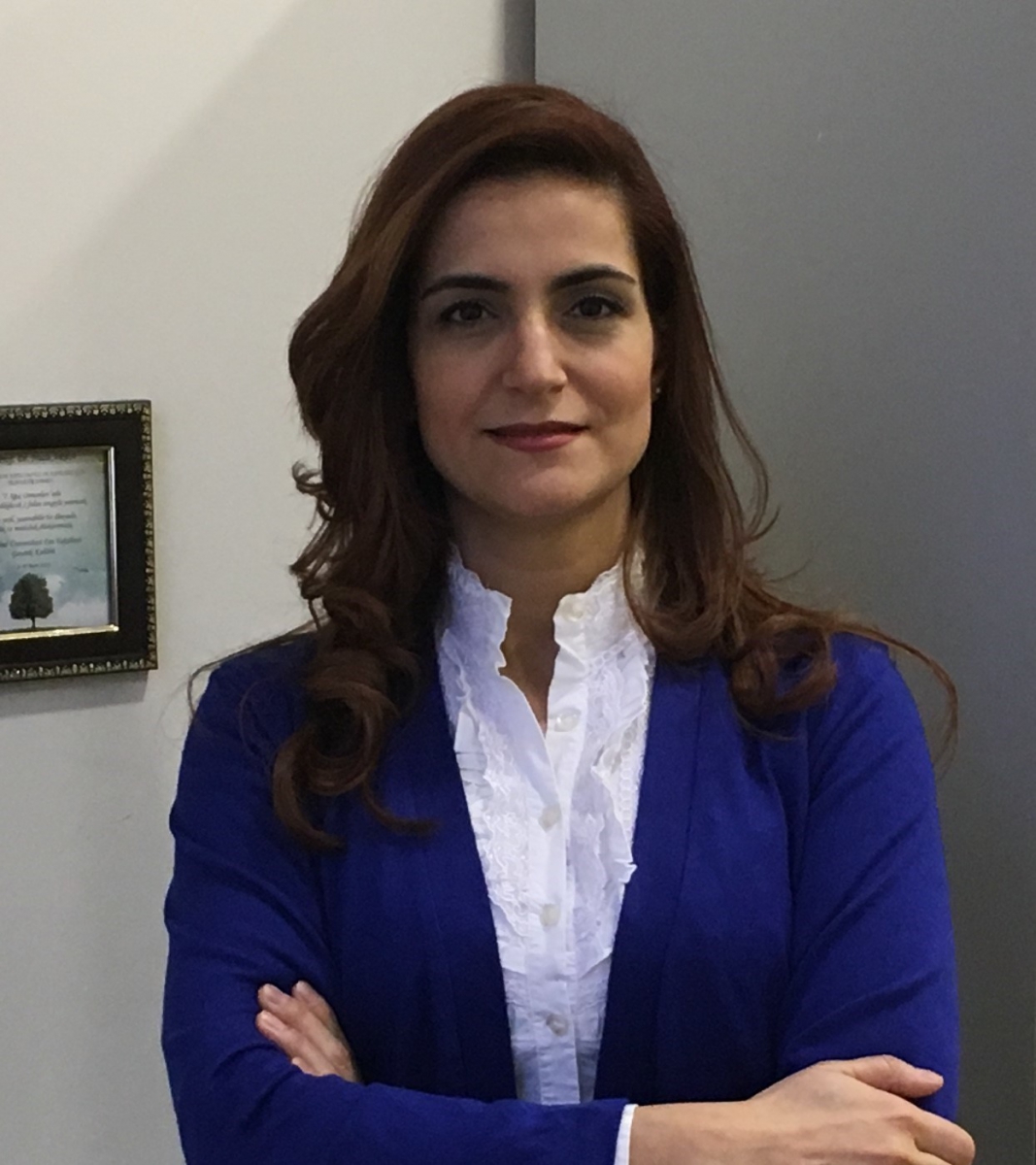 Assoc. Prof. Dr. Evren Önay Uçar Assoc. Prof. Dr. Evren Önay UçarIstanbul University |
Lecture Title: Stress Proteins and Cancer Relationship Resume: Dr. Evren Önay Uçar received her PhD in Molecular Biology and Genetics at the Istanbul University in 2009. She worked with Prof.Dr. Alastair Aitken at University of Edinburgh in 2009. Dr. Önay Uçar’s main research focus is on HSP suppression by various natural compounds, therapeutic drugs, and siRNA treatments and the role of these in inhibition of HSPs as a strategy of cancer therapy. Dr. Önay Uçar has published more than 40 scientific articles, book chapters, and reviews. She is a member of Cell Stress Society International. Currently, Dr. Önay Uçar is at the Istanbul University, Department of Molecular Biology and Genetics in Istanbul, Turkey. |
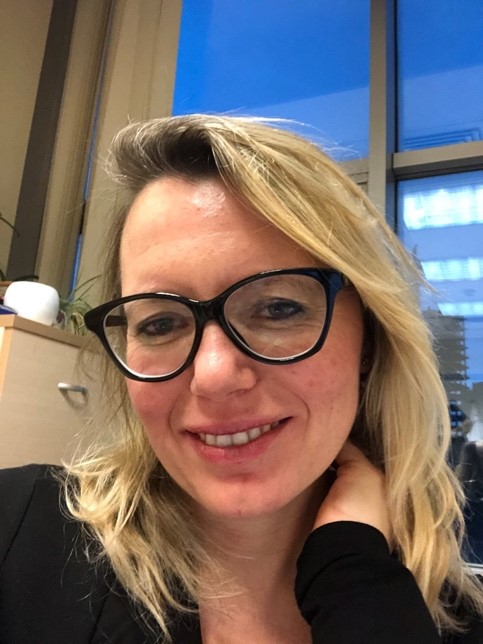 Assoc. Prof. Dr. Gizem Dinler Doğanay Assoc. Prof. Dr. Gizem Dinler DoğanayIstanbul Technical University |
Lecture Title: Protein structure analysis using Hydrogen-Deuterium Exchange Mass Spectrometry (HDX-MS) Resume: Gizem Dinler-Doganay received her undergraduate degree in Chemistry from Bogazici University in 2000 and went to University of Massachusetts, Amherst for her PhD studies. After completing protein folding and protein dynamic analysis related studies at Prof. Gierasch’s Lab in 2006, she started working at Sabanci University in 2006 and conducted research in both biophysics and molecular biology related areas. Dinler-Doganay started to work as an assistant professor in Istanbul Technical University (ITU), Molecular Biology and Genetics Department in the first months of 2009 and continued there since today as an associate professor from 2013. In 2017, she has became a board member of the Molecular Biology Association of Turkey. She is also one of the founding members of the Turkish Proteomics Association and is an active member of this association since 2012. |
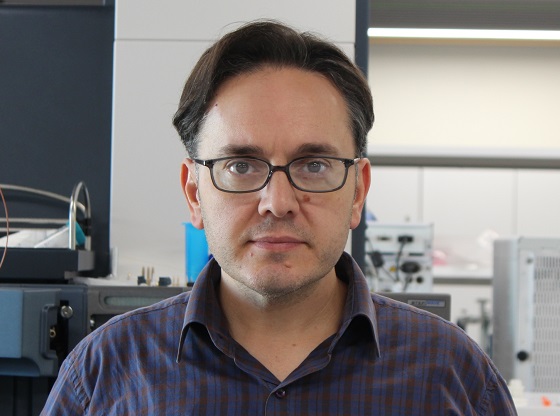 Assoc. Prof. Dr. Ahmet Tarık Baykal Assoc. Prof. Dr. Ahmet Tarık BaykalAcibadem University |
Panel Title: The importance of Assessing Sample Quality in Proteomics Studies Resume: Since September of 2015, Dr. Murat Alper Cevher is an Assistant Professor at Bilkent University, Department of Molecular Biology and Genetics and Guest Investigator at The Rockefeller Institute. He did his undergraduate studies at Hunter College of the City University of New York (CUNY) and graduated in 2004. Later he joined the CUNY Biochemistry Ph.D. program and earned his doctoral degree in 2009. Following that, between 2010-2015 he carried-out his postdoctoral work at the Rockefeller University, in the laboratory of Dr. Robert G. Roeder, a pioneer in the field of transcription. Dr. Cevher is the recipient of the American Cancer Society postdoctoral fellowship (2013), the EMBO Installation Grant (2017), EMBO small grant (2018), TUBITAK 1001 (2019). Dr. Cevher is currently reconstituting the most critical transcriptional co-activator protein complex named the human Mediator. It is one of the largest existing protein complexes in nature and has 30-subunits. He is using the state-of-the-art Multibac baculovirus expression system to carry out this reconstitution. Part of his long-term goal is to build the entire Mediator complex and characterize its interaction surface with activators such as the Estrogen Receptor and structurally-functionally understand the mechanisms behind how these activators activate their target genes that lead to breast cancer. The architectural/structural studies are based on XLMS and Cryo-EM. |
 Assist. Prof. Dr. Yasemin Furtun Uçal Assist. Prof. Dr. Yasemin Furtun UçalAcıbadem University |
Lecture Title: New İnsights in Tissue Proteomics: Current Situation and Future Directions Resume: Yasemin Uçal received a B.Sc. degree in Molecular Biology and Genetics from Istanbul Technical University in 2011. She then moved to the United Kingdom and obtained her M.Sc degree in Cancer Immunology and Biotechnology from the University of Nottingham (Graduation with Distinction). Yasemin Uçal received her Ph.D. in Biochemistry and Molecular Biology from Acibadem University in 2018. She worked as a research assistant at Acibadem University between 2014 and 2018. During her Ph.D., she received DAAD (German Academic Exchange Service) scholarship and continued her work at Helmholtz Center Munich, Germany. During her PhD, Dr. Uçal worked in Tubitak and International COST Projects as researcher and research scholar. Dr. Uçal was awarded ‘Turkish Biochemical Society-Prof. Dr. Nazmi Özer Science Award’. Upon receiving her Ph.D., she started working as an Assistant Professor in the Department of Medical Biochemistry, School of Medicine, Acibadem Mehmet Ali Aydinlar University. Dr. Uçal serves as a substitute board member for the Turkish Proteomics Association (TuPA) and a board member for Young Proteomics Investigators Club (YPIC). |
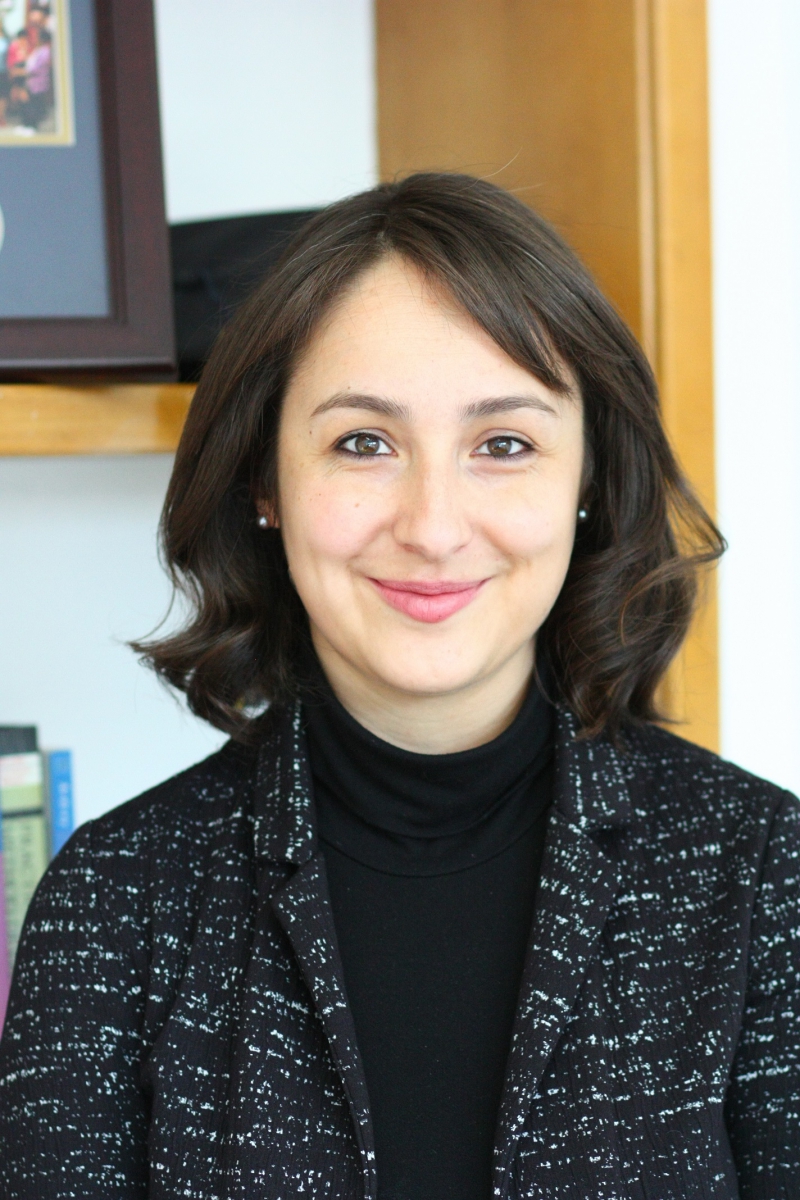 Assist. Prof. Dr. Süreyya Özcan Kabasakal Assist. Prof. Dr. Süreyya Özcan KabasakalMiddle East Technical University |
Lecture Title: Emerging Omics Approaches in Clinical Research Resume: I am a bioanalytical chemist focusing on Mass Spectrometry with clinical, biological, nutritional and pharmacological applications. I hold a BSc degree in Chemistry (Gazi University, Turkey), an MSc degree in Food Engineering (Hacettepe University, Turkey) and a Ph.D. degree in Chemistry (University of California, Davis, USA). I worked as a Post-Doctoral Researcher at Chungnam National University (South Korea). Then, I moved to UK in 2013 as a Research Associate at University of Cambridge for 5 years. I joined the Department of Chemistry at METU in October 2018 as a faculty member. My research interest is developing Mass Spectrometry based tools for the discovery of diagnostic and prognostic disease markers. I primarily use `OMICS` approach; Glycomics, Glycoproteomics and Proteomics to unravel the complexity of biological systems. I am also interested in developing protocols for the characterization of glycans, glycoproteins and therapeutics. |
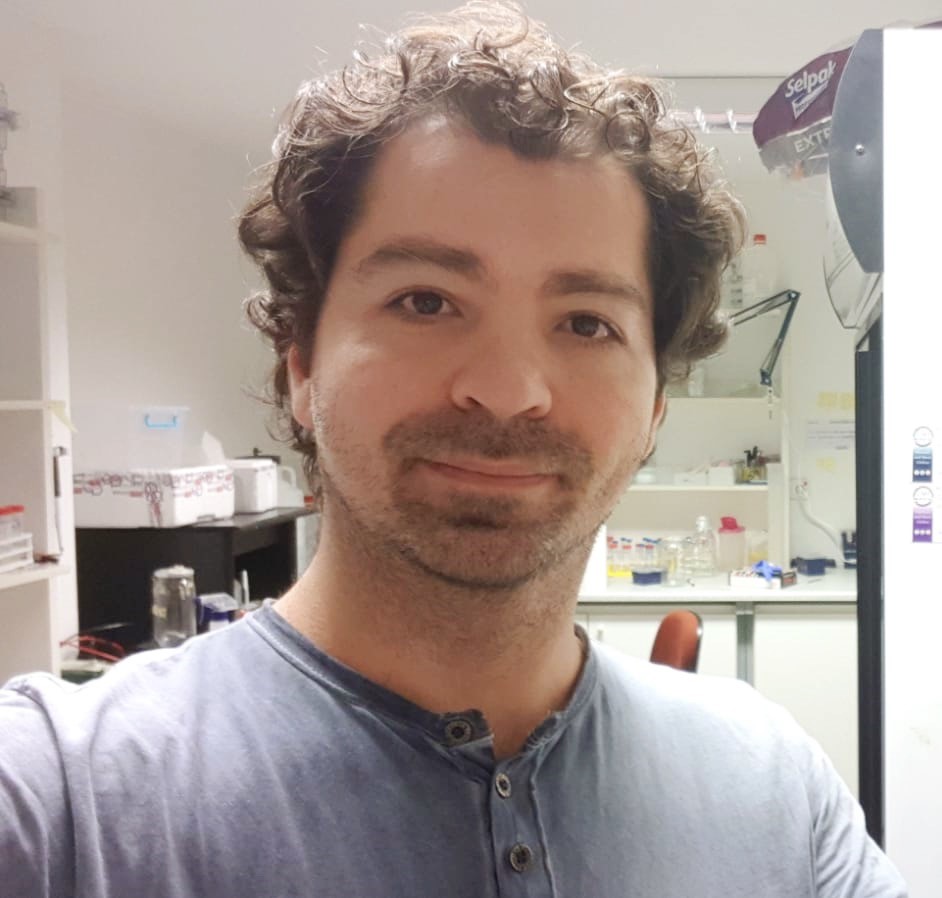 Assist. Prof. Dr. Murat Alper Cevher Assist. Prof. Dr. Murat Alper Cevher Bilkent University |
Lecture Title: NTD-MED14 Containing Core Human Mediator Interacts Directly with RPB1 of Pol II and Recruit Pol II to Promoters to Facilitate Basal and Activated Transcription. Resume: Since September of 2015, Dr. Murat Alper Cevher is an Assistant Professor at Bilkent University, Department of Molecular Biology and Genetics and Guest Investigator at The Rockefeller Institute. He did his undergraduate studies at Hunter College of the City University of New York (CUNY) and graduated in 2004. Later he joined the CUNY Biochemistry Ph.D. program and earned his doctoral degree in 2009. Following that, between 2010-2015 he carried-out his postdoctoral work at the Rockefeller University, in the laboratory of Dr. Robert G. Roeder, a pioneer in the field of transcription. Dr. Cevher is the recipient of the American Cancer Society postdoctoral fellowship (2013), the EMBO Installation Grant (2017), EMBO small grant (2018), and TUBITAK 1001 (2019). Dr. Cevher works on the structural/functional characterization of the human Mediator complex. |
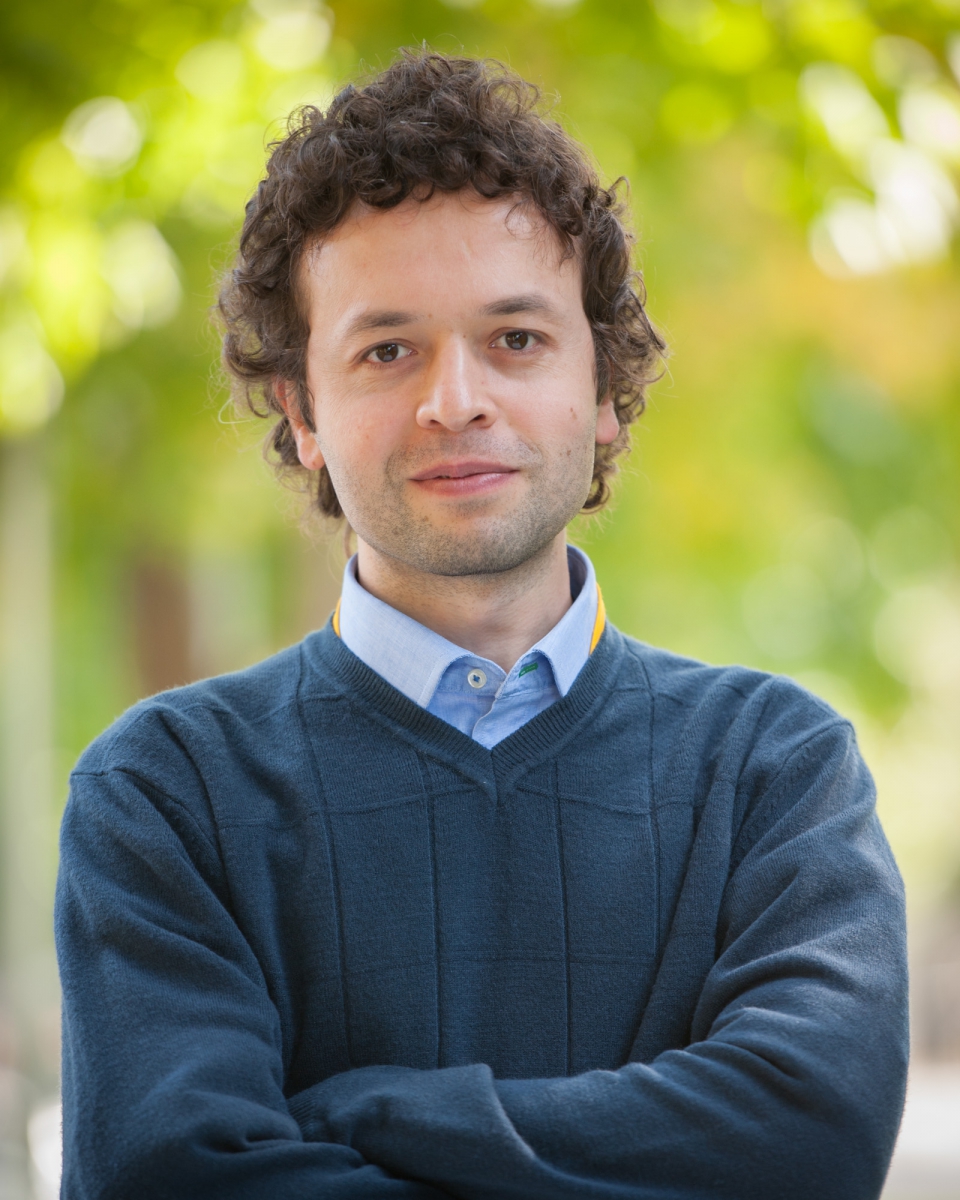 Assist. Prof. Dr. Hasan Demirci Assist. Prof. Dr. Hasan DemirciKoç University |
Lecture Title: Ambient Temperature Serial Femtosecond X-ray Crystallographic Studies of Ribosome Complexes Resume: I completed my B.Sc. at Bosphorus University in 2002 and later obtained a Ph.D., in Molecular Biology, Cell Biology and Biochemistry at Brown University in 2007. Before joining the Koc University in August 2019, I was a member of the Biosciences Division at SLAC National Accelerator Laboratory and also affiliated with Non-Periodic Imaging group at Stanford PULSE Institute. My research focuses on structural biology of mutant prokaryotic ribosomes, where I am interested in characterizing the function and dynamics of these mutants, with an eye toward answering questions in structure and dynamics of ribosomes which are resistant to some of today’s commonly-used antibiotics. My current research efforts also include methods development for time-resolved ambient-temperature X-ray crystallography of large and challenging biomacromolecules at 4th-generation light sources like the Linac Coherent Light Source at SLAC. |
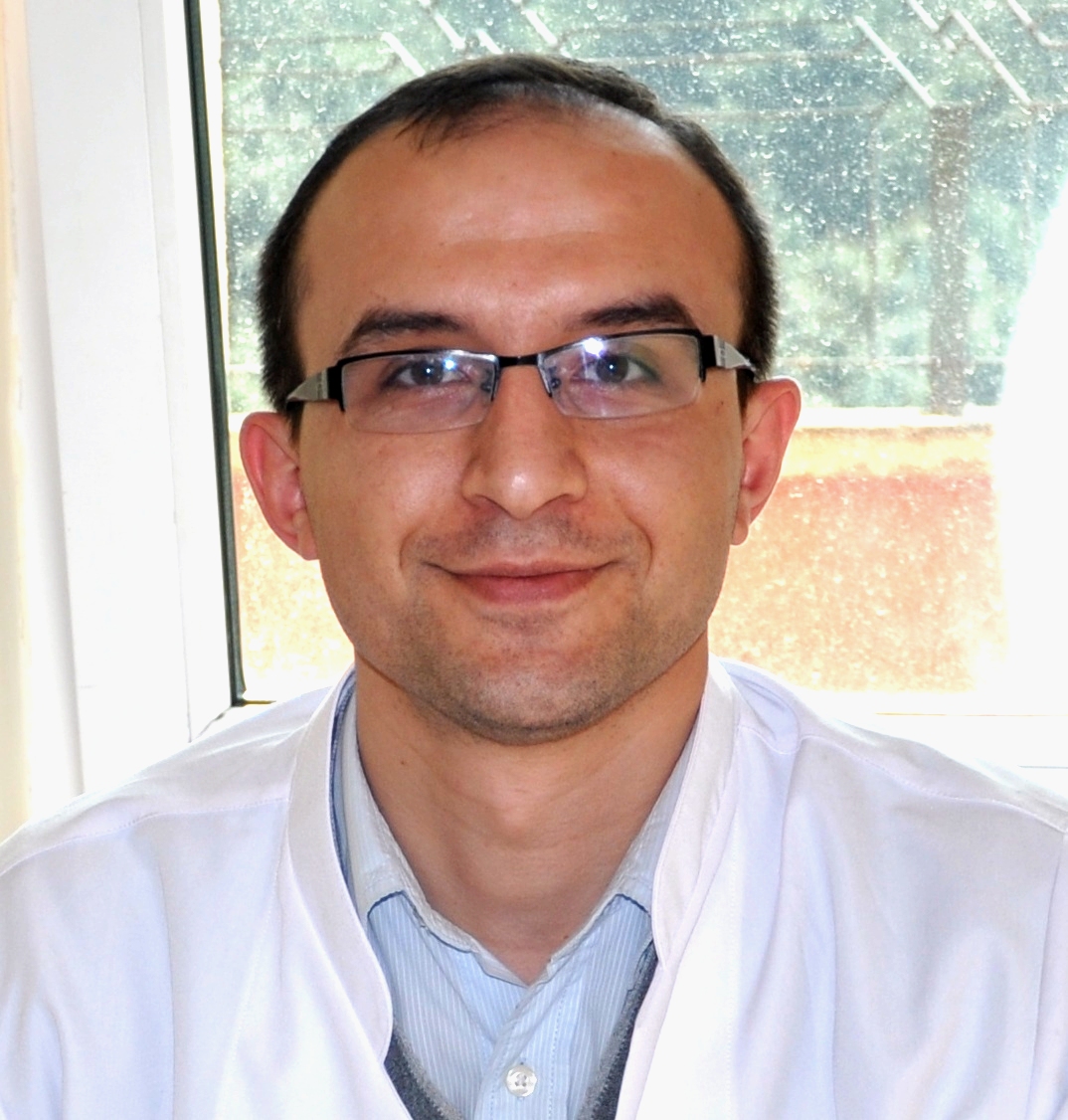 Assist. Prof. Dr. Hüseyin Çimen Assist. Prof. Dr. Hüseyin ÇimenYeditepe University |
Lecture Title: Mitochondrial Proteomics: Combinatorial therapies in Cancer Resume: Assist. Prof. Huseyin Cimen graduated from Middle East Technical University with a high honor degree in Molecular Biology and Genetics B.Sc. program and then continued his Ph.D. studies at Penn State University as a research and teaching assistant in Biochemistry, Microbiology, and Molecular Biology integrated graduate program. He later joined Yeditepe University, Genetics & Bioengineering department after defending his thesis, "Regulation of mitochondrial translation and oxidative phosphorylation through reversible acetylation". He founded Proteomics and Mass Spectrometry Laboratory (YediPROT) as a part of Stem Cell and Cellular Therapies Excellence Center project and current studies at YediPROT are focused mainly on mitochondrial proteomics, Warburg effect, cancer molecular biology, bioenergetics, metabolic disorders and diseases, ageing and longevity. |
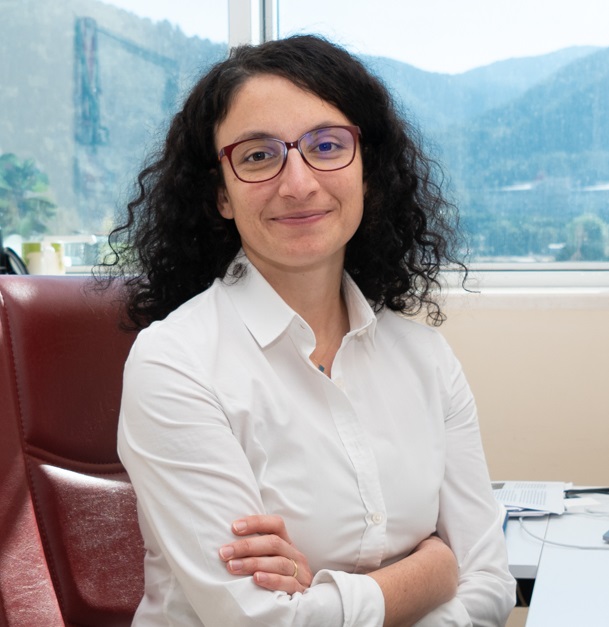 Assist. Prof. Dr. Ezgi Karaca Assist. Prof. Dr. Ezgi Karacaİzmir Biomedicine and Genome Institute & Dokuz Eylül University |
Lecture Title:The molecular interaction profile as a fingerprint to define the protein function Resume: Ezgi Karaca is a computational structural biologist with a specialization on integrative modeling and biomolecular dynamics. Dr. Karaca completed her bachelor (2006) and master’s degrees (2008) at the Chemical Engineering Department of Bogazici University. During this time, she focused on p73’s tumor suppression network and mechanistic interpretation of sumoylation cascade, under the supervision of Prof. Dr. Türkan Haliloğlu and Prof. Dr. Ruth Nussinov (NIH). For her Ph.D., she joined the group of Prof. Dr. Alexandre Bonvin (Utrecht University). Her thesis was dedicated to the incorporation of various types of experimental data into the modeling of biomolecular complexes. After successfully obtaining her Ph.D. degree, she moved to the European Molecular Biology Laboratory Heidelberg, to carry out her postdoctoral studies in the labs of Prof. Teresa Carlomagno (NMR) and Dr. Orsolya Barabas (X-ray Crystallography). There, she worked at the intersection of experimental and computational techniques, where she developed computational tools to translate experimental data into high-resolution structures of protein-nucleic acid machines (2013-2016). Since May 2017, she is the principal investigator of computational structural biology group at the Izmir Biomedicine and Genome Center (https://www.ibg.edu.tr/research-programs/groups/karaca-lab/). Her group is focused on characterizing the factors tuning the specificity of biomolecular complexes. |
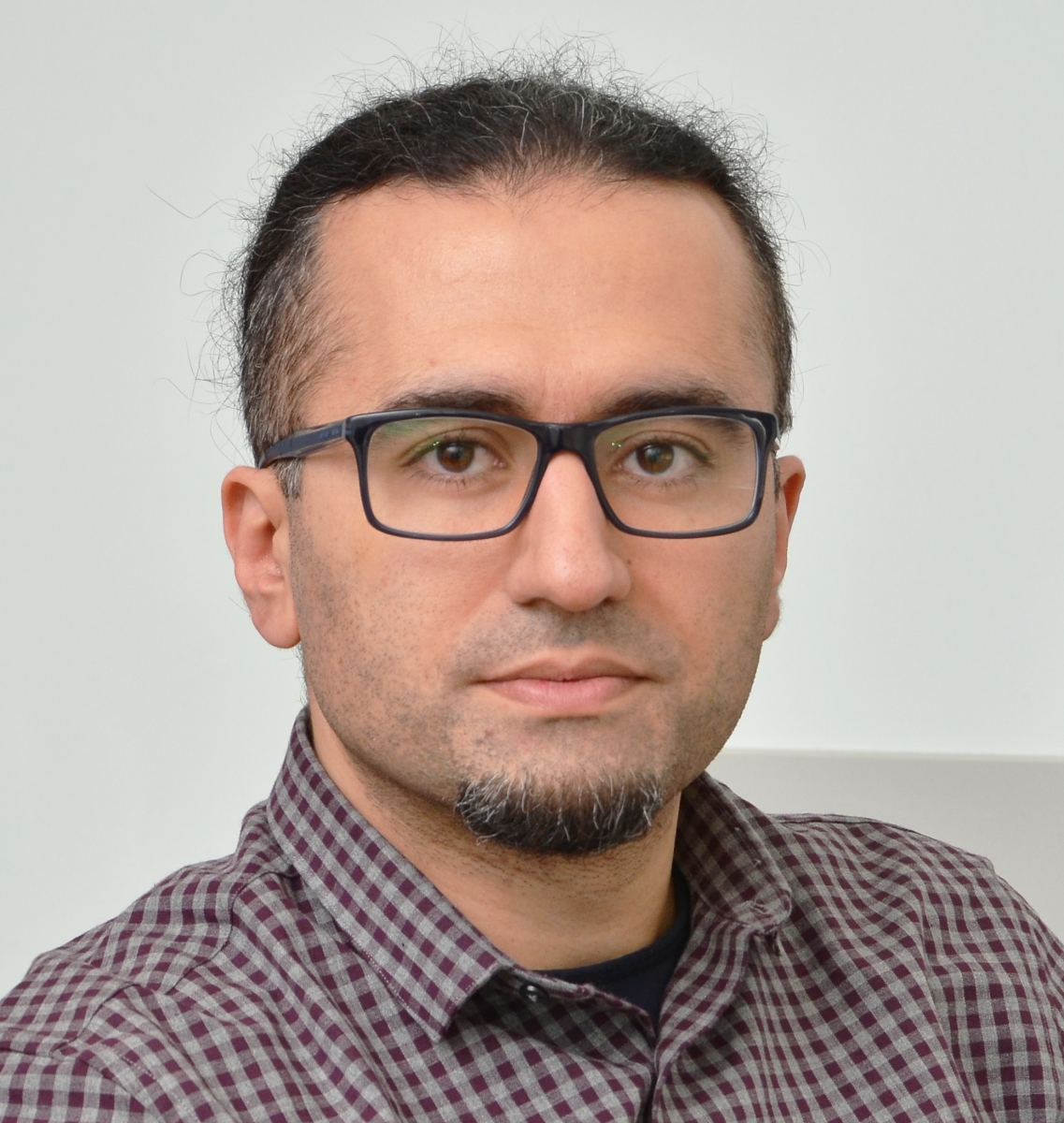 Assoc. Prof. Dr. Tunca Doğan Assoc. Prof. Dr. Tunca DoğanHacettepe University |
Lecture Title: Artificial Learning Approaches for Protein Data Science Resume: Assoc. Prof. Dr Tunca Doğan has graduated from both the undergraduate and MSc programs in Middle East Technical University, Faculty of Engineering, studying in the field of process engineering. He started conducting research in computational biology and bioinformatics areas during his PhD study back in 2010. He received his joint PhD degree from the interdisciplinary Bioengineering program, hosted by the Electrical & Electronics Engineering Department in Izmir Institute of Technology, and the Graduate School of Health Sciences and the Faculty of Medicine, DEU in 2013. Assoc. Prof. Dr. Dogan served as a post-doctoral researcher at the University of Cambridge and at the European Bioinformatics Institute, Protein Function Development team, in Cambridge, UK between the years 2013 and 2016. Dr Dogan currently works as a faculty member at the Department of Computer Engineering and at the Institute of Informatics, Hacettepe University. His research can be summarized as developing and applying data mining and artificial/machine learning based computational methods for biomolecular sequence analysis, protein function prediction and computational drug discovery; in the fields of bioinformatics and cheminformatics. |
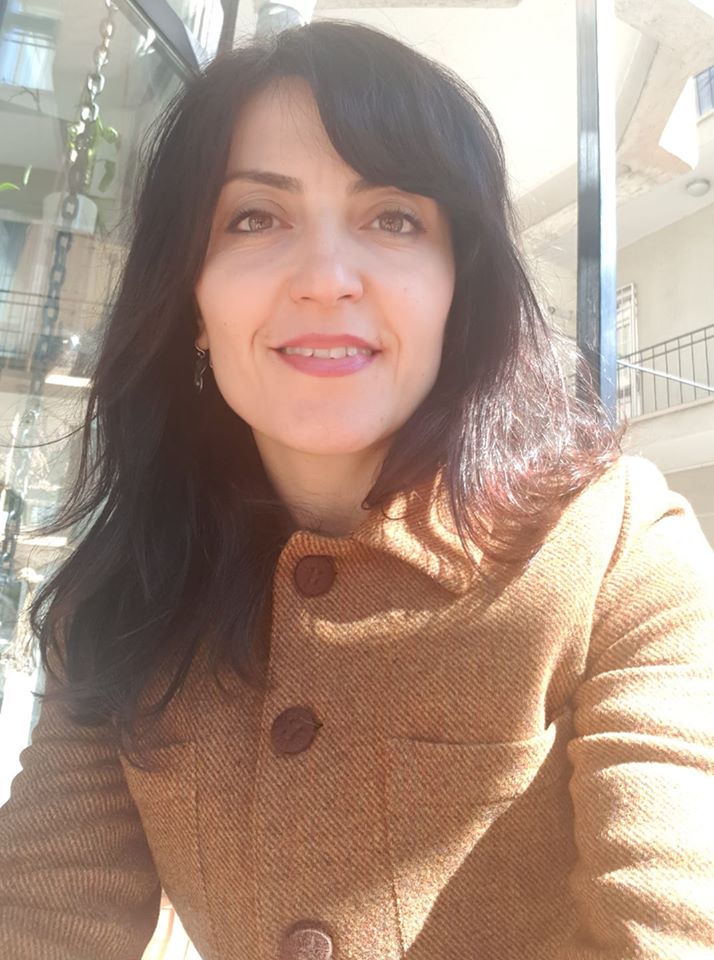 Dr. Jale Şahin Dr. Jale ŞahinTübitak |
Lecture Title: International Funding Opportunities in Life Sciences Resume: Dr. Jale Şahin graduated from Middle East Technical University Biology (major) and Chemsitry (minor) Departments in 2002. After that she completed her master thesis at the Molecular Biology and Genetics Department of Bilkent University, at which she also worked as a teaching and research assistant. Between 2004-2005 Dr. Şahin worked in the Roche Diagnostics Ankara as application specialist and sales assistant in molecular systems. After a year she decided to continue her academic career and went for a PhD study to Germany, Leibniz Institue for Neurobiology, Magdeburg. She completed her PhD work in the Neurochemistry and Molecular Biology Department in 2010 March. After that, she moved to Seoul, South Korea for her post-doctoral study in Prof. Bong-Kiun Kaang’s group at Seoul National University, Department of Biological Sciences . About a year later, she recieved an invitation from the Bioanalysis Laboratory of TUBITAK National Metrology Institute (Ulusal Metroloji Enstitüsü - UME), for a Senior Scientist position, and returned to Turkey in the same year. She worked at UME for four years, and involved in several bio-metrology related projects at national and international level. In June 2015, she transfered to TUBITAK Headquarters Directorate for International Cooperations, Bilateral and Multilateral Relations Department. Since then she has been working as Chief Scientific Administrator as well as National Coordinator for the Horizon2020 EJP RD Programme and ERA Net E-Rare-3 Project. Moreover, she recently appointed as the EMBC/EMBO Delegate of Turkey and ICGEB Liasion Officer from Turkey. |
|
|
Lecture Title: Proteomics in Parkinson’s disease: From Bench to Clinical Applications Resume: Özge Karayel received her Bachelor and Master of Science degrees in Molecular Biology and Genetics in 2014 and 2016, respectively, from Koç University. She also completed Biotechnology and Bioinformatics Track Program at the Engineering Faculty simultaneously. She has worked in Cell Biology and Proteomics Laboratory under the supervision of Dr. Nurhan Özlü during her bachelor and master studies. She is a Ph.D. candidate at Max Planck Institute for Biochemistry in Martinsried, Germany under the supervision of Prof. Dr. Matthias Mann since 2017. Her research interest was centered mainly on the large-scale quantitative analysis of proteins and post-translational modifications using mass spectrometry-based proteomics combined with advanced bioinformatics tools. Her aim is to translate basic research into clinical applications and she has had a great interest in Parkinson’s disease |
|
Satellite Symposium Speaker Dr. Dirk Wunderlich |
Lecture Title: Trapped Ion Mobility Mass Spectrometry for in Depth LC-MS Proteomics and MALDI Imaging Applications Resume: Dr.Dirk Wunderlich received his B.Sc. degree in Organic Chemistry from the University of Goettingen in 1994. Later he started the Organic Chemistry Ph.D. program at the same university and earned his doctoral degree in 1997. After his postdoctoral studies in the field of natural product chemistry at University of Goettingen, he moved to Jena and continued his postdoctoral work at the Hans-Knoell-Institut between 1998-2000. He joined Bruker Daltonik GmbH in 2000 as an application scientist. Since 2017, he has been working as Head of Bio Applications in the field of Proteomics and BioPharma in Bruker Daltonik GmbH. |
Satellite Symposium Speaker M. Tekin Şensoy |
Resume: M.Tekin Sensoy has bachelor and Master degree in Chemical Engineering. He started his career in chromatography and mass spectrometry in 2000 as a sale representative responsible for Thermo Finnigan Mass Spectrometry systems. He worked for 14 years in the company untill 2014 and served as sales manager and general manager. HE gave several lectures and peresentations in the congresses,seminars and worksops about various applications of Mass Spectrometry. He had the opportunity to work different types of mass spectrometers in several laboratories around the World. He has been working with Redokslab company which is the distributer of the ThermoScientific in Turkey since 2014. |